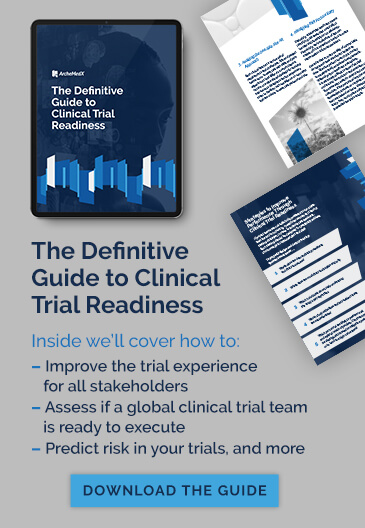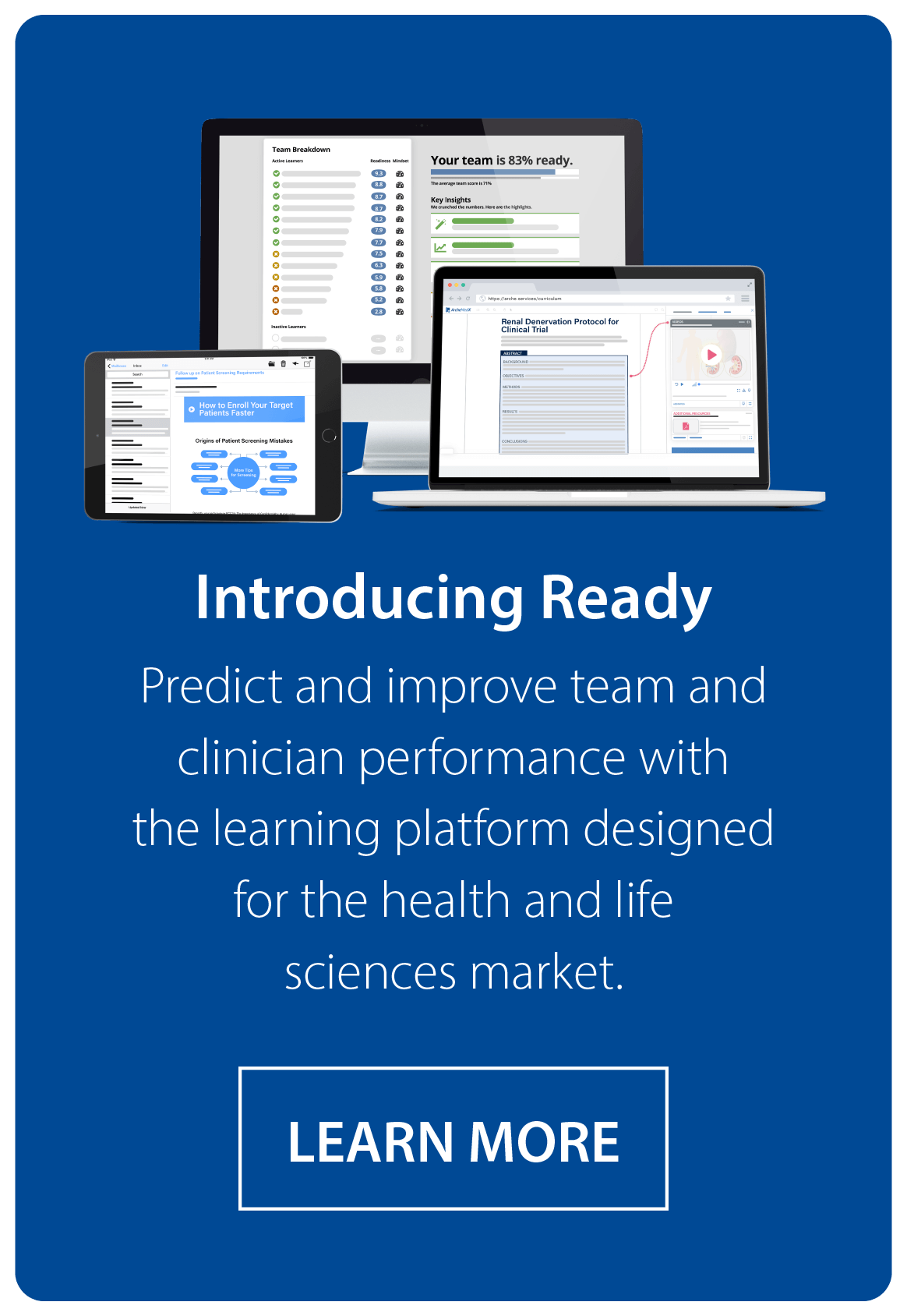There are many ways a clinical trial can go wrong: There might be delays in site identification, initiation, or patient enrollment. There could be high initial screen failure rates or improperly enrolled subjects. Procedural errors like those related to randomization, dosing, or clinical test implementation might occur.
Unanticipated public health or geopolitical events could place restrictions on travel and patient visits, leading to supply chain and logistical challenges. Numerous issues could arise and nearly every misstep can lead to a costly delay and downstream misallocation of resources. Some have far more serious ramifications, which could include the closure of sites, the addition of new ones, the necessity for remote operations, or the diminished meaningfulness of data — possibly to the point where the data is excluded or the trial must be paused.
Fortunately, there are ways to reduce the risk of complications, missteps, and outright failure in clinical trials. One that delivers widespread benefits, especially in uncertain times, is elevating your approach to the training and insights necessary to ensure your staff, sites, and patients are sufficiently prepared.
Understand it’s a good investment.
Too often, sponsors and CROs take a dangerously casual approach to preparing project staff and site personnel to conduct the study. Even if the teams in question are small or time seems short, proper study preparation demands attention, especially now. It’s a smart investment. It will cost more time and money later to clean up mistakes and mitigate poor outcomes that result from the lack of effective training and assessment earlier in the study.
But let’s put this investment thesis to the test:
- In your most recent studies, how confident were you that project staff and site personnel really understood the study objectives?
- Did the conduct of the study meet your expectations, or were you surprised by the level of screen failure rates, missed enrollment targets, protocol deviations, or data entry errors?
- In hindsight, do you wish your staff and sites would have better understood the inclusion criteria or had a higher rate of success in conducting that critical diagnostic or assessment?
Now, ask yourself what you would have done differently if you had seen the warning signs sooner. Could you have saved valuable time and resources by correcting the issues earlier? Given how quickly the environment is shifting with the increasing threat of a global pandemic, how much more would you focus your time and resources on preparation.
It may be difficult to step back or slow down, but the more we invest in understanding how well we are actually prepared, the more likely we are to avoid costly mistakes. By more effectively assessing the readiness of your staff and sites, you and your team will be better equipped to avoid — or to proactively address — potential issues before they spiral out of control.

Capture, analyze, and leverage the data.
Recognize that training and educational activities can do more than deliver training and content. They can generate meaningful data that can be used to inform sponsors and CROs sooner and reduce risk of failure. Analyzing how staff, sites, and patients engage around your content and demonstrate mastery of or confusion around specific study objectives can provide critical insight into which project staff and site personnel are ready to conduct the study and which are most likely to struggle. These insights can uncover risk areas far sooner than lagging performance indicators, especially in an increasingly remote and virtual environment, and identify where additional time or the focus of resources is most needed.
Abandon the one-size-fits all approach.
Don’t treat all sites and staff the same. One-size-fits-all approaches will never deliver top-notch results in a site centric or virtual trial. Embrace approaches that are more flexible and can be dynamically adjusted to engage and address different roles, different levels of comprehension, and different challenges.
Give it the time it demands.
Recognize that preparation is not a once-and-done event. Maintaining high performance across your staff and sites will require oversight on an ongoing basis. Don’t view this as a burden. View it instead as a valuable opportunity to course correct and avoid costly mistakes and missed milestones. In other words, treat training as a critical tool for quality control and risk management, especially in today’s increasingly difficult conditions.
Elevating your approach to preparing the individuals supporting your clinical trials will go a long way toward reducing the risk of delays, excessive expenses, and even trial failure.
Learn how ArcheMedX enables peak clinical trial readiness through its advanced approach to training and assessing site staff.





